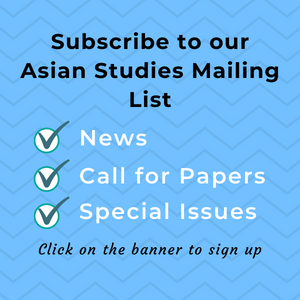System Upgrade on Tue, May 28th, 2024 at 2am (EDT)
Existing users will be able to log into the site and access content. However, E-commerce and registration of new users may not be available for up to 12 hours.For online purchase, please visit us again. Contact us at customercare@wspc.com for any enquiries.
This book examines the political and conceptual metamorphosis of China's oil industry from self-reliance to internationalization. Through the empirical case study of Daqing, the premiere oilfield of the People's Republic of China (PRC) for most of the postwar period and a symbol of industrialization as well as self-reliance, key historical developmental concepts and events are analyzed. Japan's role in stimulating the development of the China's oil industry will also be highlighted as the Japanese government and its business sectors emerged as a supplier of technology and equipment to the Chinese oil industry as well as China's first major oil customer in the early internationalization phase of the PRC's oil industry.
Sample Chapter(s)
Chapter 1: Introduction (73 KB)
Contents:
- The Founding of Daqing
- Daqing-ism
- The Doctrine of Self-Reliance
- The Cultural Revolution Interregnum
- Looking Beyond Self-Reliance
- Reliance on Japan
Readership: Scholars who are interested to learn about the Chinese industrial history in the transitional period between Republican China and People's Republic of China; Sinologists, researchers in East Asian Studies, professors as well as those interested in Chinese political economy.






















